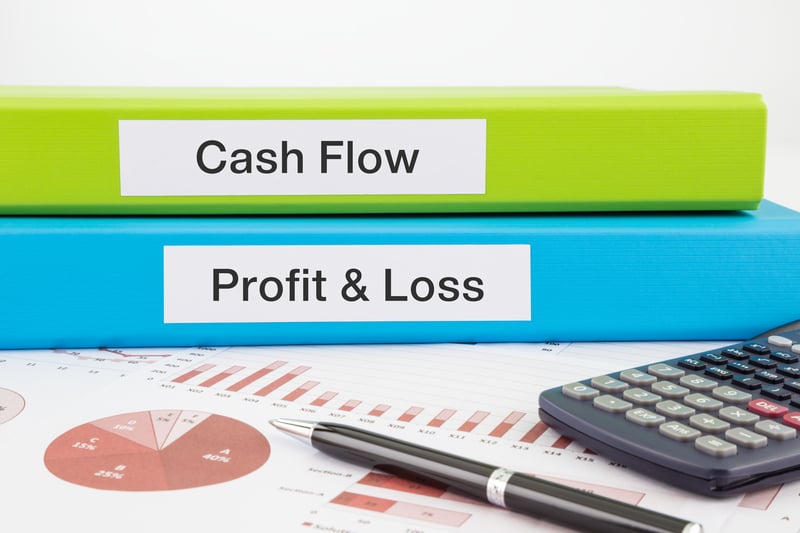Real estate investments can be rewarding, but they come with financial risks, including the potential for becoming overleveraged. If you find yourself in a situation where your real estate holdings are burdened by excessive debt, it’s essential to take proactive steps to regain financial stability.
Try to Increase Cash Flow
When faced with overleveraging in real estate, focusing on increasing your cash flow can help alleviate the strain on your finances. Explore ways to boost the income generated by your properties, such as raising rents for investment properties or considering short-term vacation rentals. Implement cost-cutting measures to optimize your property’s expenses while maintaining its value. Consider diversifying your income streams. This could involve exploring new real estate opportunities, seeking out other investment avenues, or even starting a side business. Make sure all payments are received on time and track them diligently, such as sending out reminder emails or automated phone calls if necessary. If you have trouble controlling your spending, seek the help of a financial advisor or consider signing up for an online budgeting service. Finding the right balance between debt and income is essential for thriving in your real estate investment journey.
Sell a Property
If you’re overleveraged and struggling to manage your debt load, selling a property might be a prudent choice, especially if one of your properties is nearing foreclosure. Selling the property in a last-ditch effort to prevent foreclosure can protect your credit score. By avoiding foreclosure, you can steer clear of any negative consequences that come with it. When selecting a property to sell, prioritize the one that provides the least potential for future growth or rental income. Once you’ve selected the property to sell, you’ll need to create an effective listing. This should include high-resolution photos of the property, a detailed description of its features and amenities, and an accurate representation of your asking price. Make sure that you also provide clear contact information so potential buyers can get in touch. Be realistic in pricing to make sure you don’t miss out on any offers.
Refinance Your Debt
If interest rates have dropped since you initially took on the debt, refinancing can help lower your monthly payments and reduce the financial strain. Refinancing may not always be feasible if your credit score has suffered due to overleveraging. Before considering refinancing, carefully review your financial situation and consult with a financial advisor. It is important to remember that, while consolidation and refinancing can be helpful tools in dealing with overleveraging, they do not address the underlying issue of taking on more debt than you can afford. The goal should be to create a plan that will reduce your debt burden without creating additional financial hardship. This may involve budgeting and saving money as well as utilizing debt repayment programs. When reviewing your options, look for ways to reduce costs without compromising on quality of life.
Whether you’re a homeowner, investor, or first-time buyer, addressing overleveraging requires careful planning and a strategic approach. The key is to act decisively and thoughtfully to ensure that your real estate endeavors remain financially sustainable.
Did You Enjoy Reading This Article? Here’s More to Read: Best Healthy Home Upgrades For 2023

